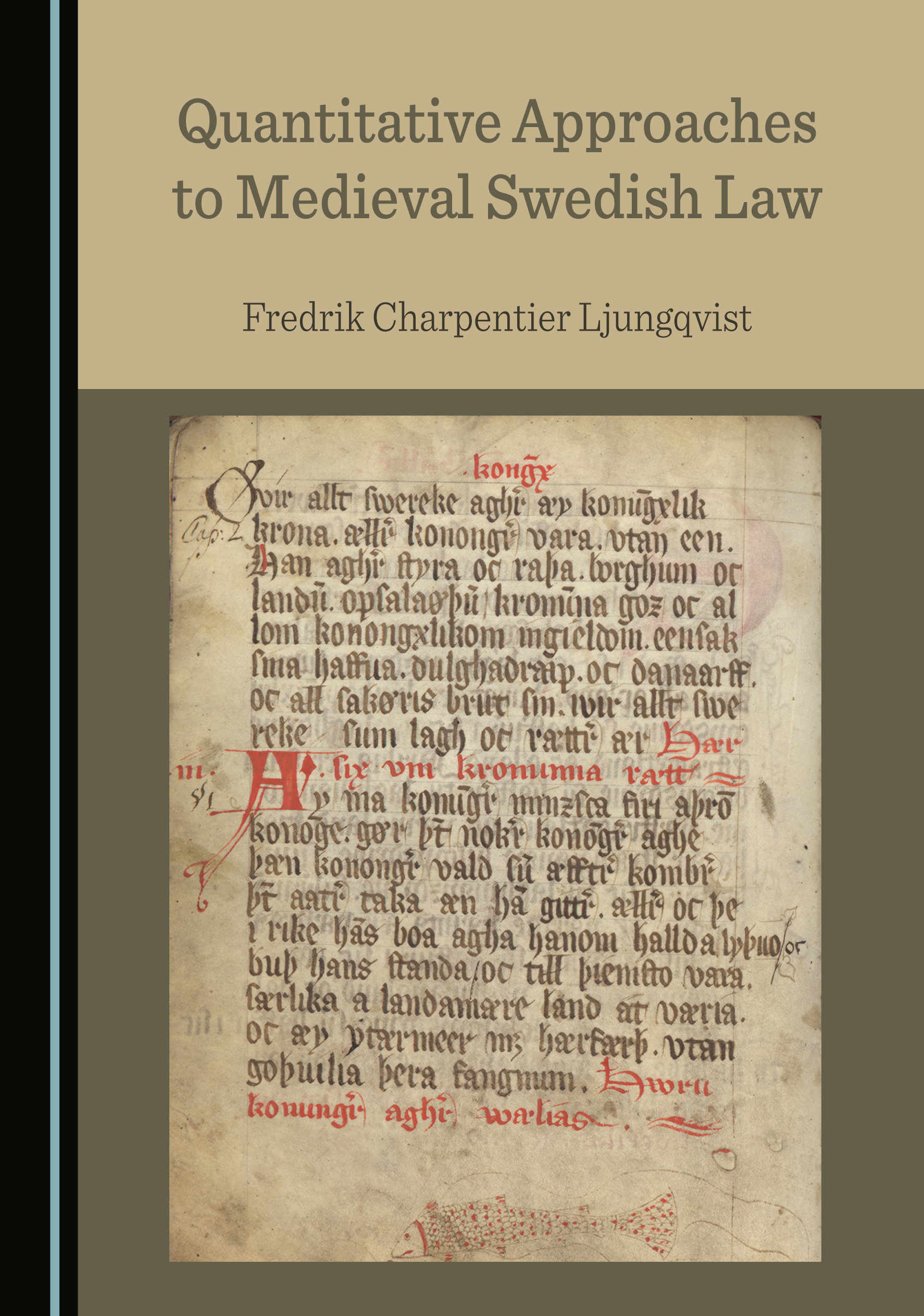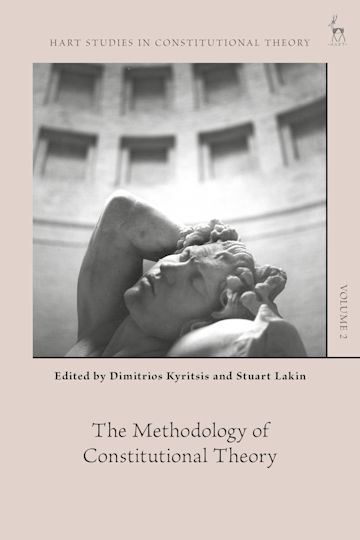The Department of Public Law and Governance (PLG), the Tilburg Center for Regional Law and Governance (TiREG), at Tilburg University are pleased to announce a call for papers for a special issue of the Hague Journal on the Rule of Law exploring the constitutional and rule of law challenges those contemporary urban dynamics bring.
Background and introduction to the theme of the special issue
By the year 2007 over 50% of the world’s population lived in urban areas and by the year 2050 almost 70% will live in cities. Already, large cities, metropolitan areas and city-regions have become major actors in global governance and economics: they are at the forefront in taking on the world’s wicked challenges, such as climate change, mass migration, health care, energy and water, crime and security, technological innovation (smart cities), and transport and mobility. They are the world’s major economic hubs, home to banks, financial institutions, and large multinational companies. Many of them are also the centers of government. They are global cities, as Saskia Sassen framed them.
The term ‘city’ or urban region may have multiple meanings: it encompasses metropolitan cities or regions such as New York, Mumbai, Lagos or London, but also somewhat smaller cities like Amsterdam, Antwerp or Milan that experience typical urban challenges. Also highly urbanized regions like the German Ruhrgebiet, which consists of several larger and mid-sized urban communities, may be of interest. The city or urban region is thus not just a continuously built environment with ‘high impact’ challenges where many people live ('high density'). It is also a place that attracts people from exceptionally diverse cultures (‘high diversity’) and which has a complex economy (‘high complexity’).
Whilst the role of global cities and the urban region has been increasing, the political and legal domain of the states, of which these cities or regions constitutionally form part, is continuously shrinking. This is caused by at least two simultaneously occurring trends: the transfer of tasks and responsibilities upwards, to the international and supranational level, through processes of globalization, and a development downwards to the local and regional level (or even the neighborhood or district), through processes of decentralization, and regionalization. These combined trends have been called localization, a process exemplary for the complexity of modern society, in which authority often shifts from hierarchy to networks, and where the central and sovereign state is under pressure. This differentiation and asymmetry might for example give rise to questions about urban representation and involvement at the national, supra-, and international level, the protection of fundamental rights in an urban context, and urban citizenship and urban democracy.
With this special issue we want to explore several constitutional and rule of law challenges posed by contemporary urban dynamics. To what extent can or should existing constitutional norms and the rule of law be revised or adapted in view of the current questions and challenges confronting the modern megacity?
Contributions
We welcome contributions of a theoretical, historical and/or normative nature, addressing one or more of the following general questions:
- To what extent can or should the existing constitutional and rule of law orientation be revised in view of the current questions and challenges facing the modern city?
- Where do the current frameworks and arrangements pinch or falter with cities’ needs for greater power and the desire to shape and enshrine this constitutionally of with an eye to the rule of law?
- Which constitutional and rule of law frameworks arrangements can we find specifically for cities, and how can these be explained historically, politically, and socially?
- How, and to what extent, do these arrangements reflect both the global and local dimensions of urban governance?
- What kind of new frameworks and arrangements would be desirable or necessary to allow cities to tackle their challenges effectively and legitimately?
Within this general theme, more specific questions may be addressed, such as:
- How exactly do we determine the boundaries of a city or urban region, which is often internally diverse (international hub versus marginalized neighborhood)?
- When is a representation structure adequate (who or what belongs to the city or urban region)?
- How can we find the balance between on the one hand a city that performs and solves urban challenges, and for that purpose is both a locally and globally networking city, and on the other hand a legitimate (i.e., in line with constitutional and rule of law guarantees) and responsive city (open to and supported by the different ‘voices’)?
- How is the notion of rights – e.g. in relation to participation, citizenship, public and private spaces, living conditions – incorporated in the constitutional arrangements for cities or urban regions?
The special issue takes a combined law and governance perspective, including a distinct historical point of view. It is therefore not limited to contemporary studies, but also welcomes historical analyses. Contributions studying urban constitutionalism beyond the western world and well-known and frequently studied cases of global cities and metropolitan regions are particularly welcomed.
Deadline for paper proposals
30 April 2022
More information regarding the Journal and the submission process can be found here



.png)



.svg/1024px-Arms_of_the_House_of_Visconti_(1277).svg.png)


